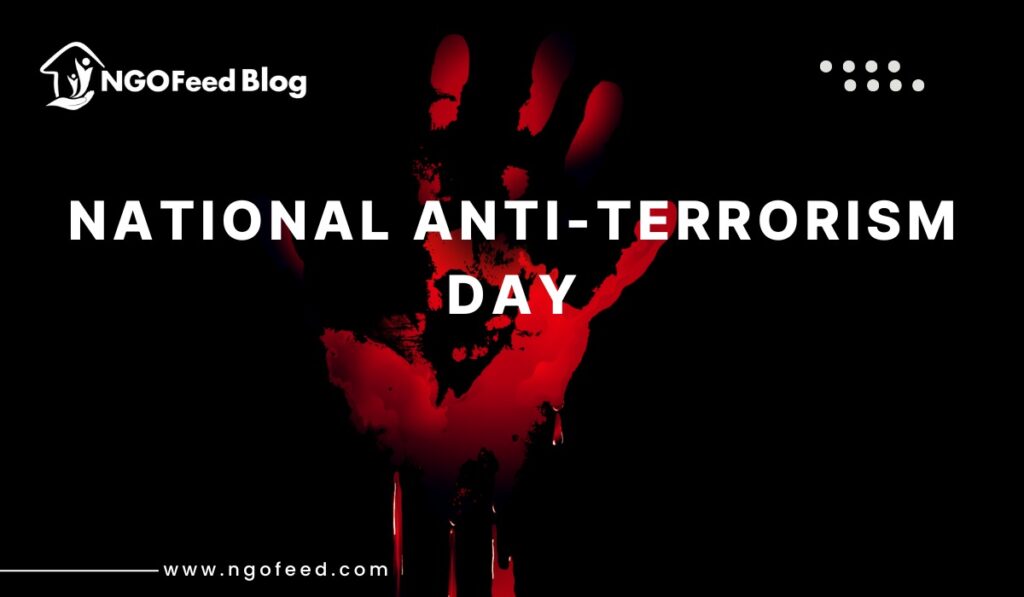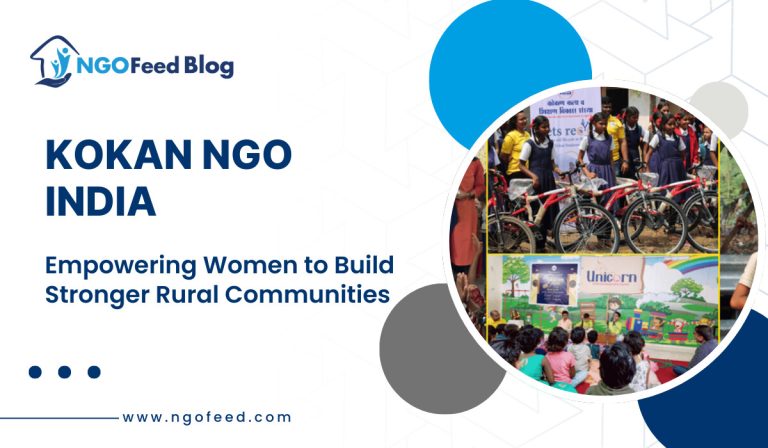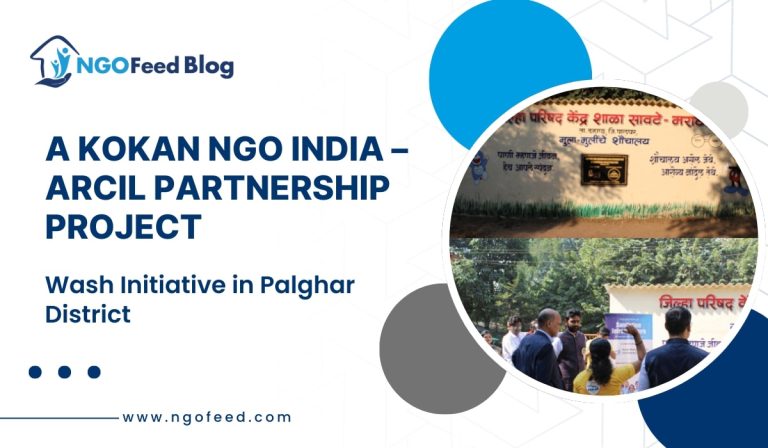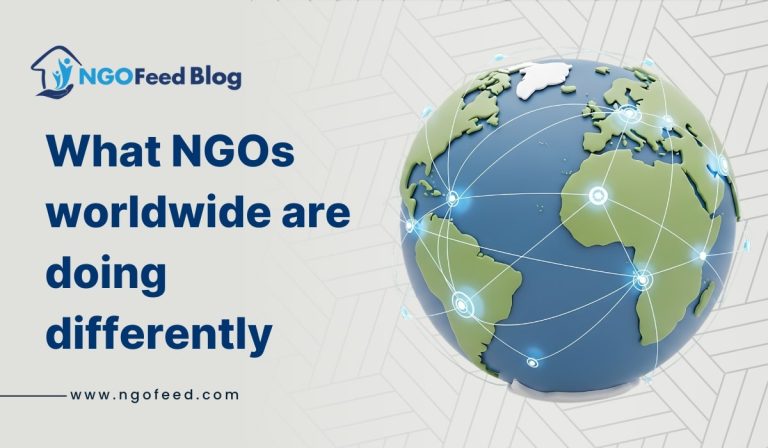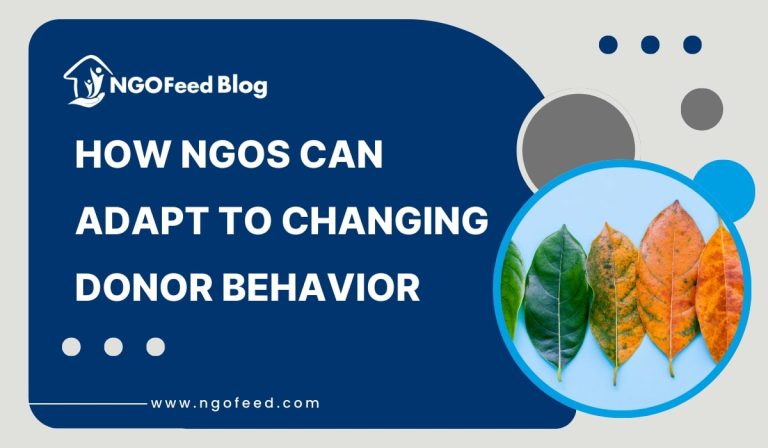National Anti Terrorism Day: “Terrorism fights against humanity.” The only way ahead is peace.” Celebrated all across India on May 21, National Anti-Terrorism Day reminds us clearly of the country’s group will to fight terrorism and extremism. It commemorates the anniversary of the assassination of former Prime Minister Rajiv Gandhi in 1991, a terrorist attack that startled the whole nation. Apart from honoring his sacrifice, the day aims to arouse public awareness against all types of terrorism and violence, therefore strengthening India’s steadfast support of peace, unity, and national integrity.
Table of Contents
National Anti Terrorism Day: Background, Source, and History
One of the bleakest chapters in India’s contemporary political past gives rise to National Anti- Terrorism Day. On 21 May 1991, Rajiv Gandhi, India’s sixth Prime Minister, was assassinated by a suicide bomber connected to the Liberation Tigers of Tamil Eelam (LTTE) on a campaign trip in Sriperumbudur, Tamil Nadu. The terrible event was part of LTTE’s revenge for India’s participation in the Sri Lankan civil strife.
The Government of India declared 21 May as National Anti-Terrorism Day in 1991. The day aimed to inspire national rejection of violence, extremism, and hatred as well as to celebrate the late leader.
National Anti Terrorism Day 2025 Objectives and Goals
Observation of National Anti-Terrorism Day seeks mostly to:
- To enlighten the public about the devastating impacts of terrorism on national growth and social peace.
- To honor the lives taken by terrorist activities including those of civilians, soldiers, police, and leaders.
- To emphasize the need of tolerance, peace, and democratic principles in keeping national unity.
- To help the country against any idea or action that advances violence and anarchy.
- To enable young people to use their energy toward positive national development rather than destructive ideas.
A Global and National Problem: Terrorism Knowing
Borderless, terror is a global threat impacting all countries irrespective of their political, economic, or cultural level. The threat of terrorism is especially severe for India because:
- Cross-border terrorism, especially in areas like Jammu and Kashmir.
- Domestic rebellions, such Left-Wing Extremism and separatist movements.
- Urban terrorism in the form of mass casualty strikes and bomb explosions.
- Cyber terrorism, which jeopardizes national infrastructure and data security.
- Through online propaganda and extremist networks, ideological radicalization.
Apart from taking lives, terrorist attacks upset economies, erode confidence, and encourage division and dread among populations.
Importance of the Day Now
National Anti-Terrorism Day becomes increasingly pertinent in the present geopolitical climate where ideological extremism, religious fanaticism, and political violence continue to manifest themselves in fresh ways. It brings to mind:
- Vigilance is a need, not a choice.
- Security falls also on informed and vigilant people in addition to the state’s duty.
- To combat the stories of hatred and violence, democratic ideals, human rights, and justice must be defended.
Celebrating and watching throughout India
Anti-Terrorism Covenant
- Citizens, particularly in public sector institutions, colleges, schools, and government offices, make a somber promise on this day:
- “We, the people of India, believing deeply in the non-violence and tolerance of our country, therefore solemnly declare to resist with our might all forms of terrorism and violence. We promise to defend and advance peace, social harmony and awareness among all other human beings and battle the forces of destruction endangering human lives and ideals.
Public and Institutional Programs
On issues like national security, peace-building, and communal harmony, debates, seminars, and essay contests are organized. The public is taught about the history and effects of terrorism via exhibitions, photo galleries, and film screenings.
- In honor of the victims, candlelit vigils and commemorative services are planned.
- Awareness rallies are held to promote anti-violence and collaboration.
Digital Campaigns:
- hashtag-driven social media campaigns such as #SayNoToTerrorism and #AntiTerrorismDay.
- Internet panel discussions and webinars with counterterrorism professionals.
- Government agencies and NGOs distribute educational visuals.
Intelligence Agency and Security Force Roles
Mostly leading India’s battle against terrorism are its armed forces, paramilitary units, police, and intelligence agencies. Their unrelenting commitment to national security involves:
- Anti-insurgency activities and surveillance
- Cyber-intelligence monitoring to find internet radicalization.
- Border control and security patrols to inhibit cross-border invasion.
- Rehabilitation and de-radicalization initiatives for misguided youth.
- These organizations are the backbone of India’s defense against local as well as foreign threats.
Roles of Youth and Educational Institutions
For radicalization, youth are both a target and a strong force for peace. Institutions and colleges can be very important in:
- Promoting secular values and critical thinking.
- Instruction of pupils on the perils of propaganda and extremism.
- Promoting civic involvement and interfaith dialogue.
- Encouraging careers in social work, public administration, and law enforcement helps to safeguard the country.
The part NGOs and Civil Society play
- Anti-terrorism campaigns benefit from help from NGOs and civil society groups through:
- Planning public outreach initiatives and seminars on awareness.
- Giving victims of terrorism both legal and psychological counseling.
- guiding conflict resolution projects and community development initiatives.
- Promoting inclusive development and social justice to address the root causes of extremism.
How People Can Help
Following are the several ways every citizen can assist in fighting terrorism:
- Report suspicious activities and be updated.
- Refuse and fight hateful speech, untrue news, and divisive ideas.
- Encourage nonviolent settlements of political and social problems.
- Take part in interfaith collaboration and community development.
Last: A Day of Resolution and Consideration
National Anti-Terrorism Day is more than a ceremonial commemoration; it is a national duty. By honoring those lost to terrorism and dedicating ourselves to maintaining peace, we strengthen the core of our democracy. Terrorism depends on fear, ignorance, and hatred; peace depends on understanding, unity, and courage.
As inhabitants of a varied and democratic country, we must vow not just to condemn terrorism but also to advance fairness, inclusiveness, and peace in all spheres of life. 21 May should be a day of remembrance and fresh resolve to create a more compassionate India.

